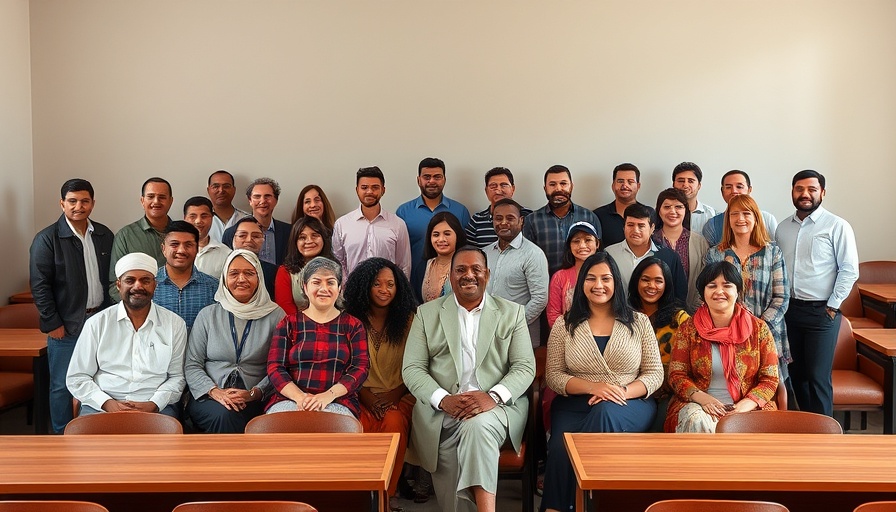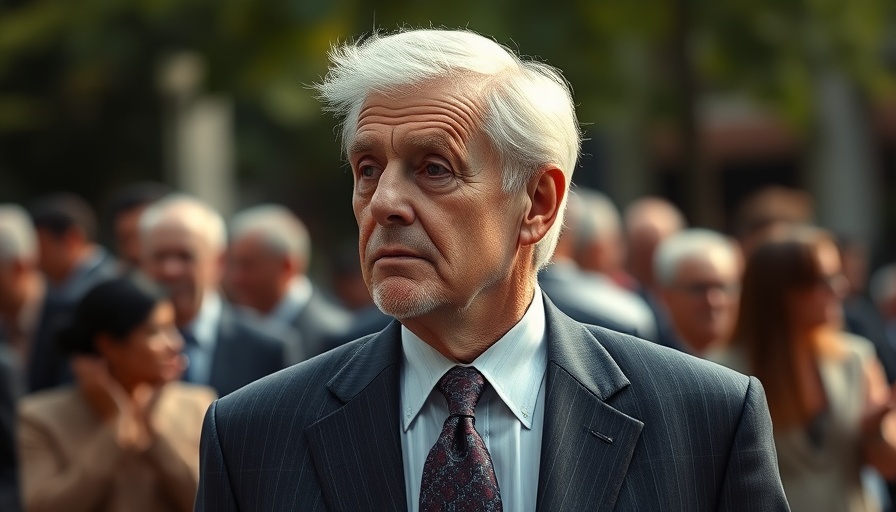
Traditional Leaders Express Growing Frustration Over Government Neglect
At the 2025 National House of Traditional and Khoi-San Leaders Imbizo held in Boksburg, traditional leaders voiced their deep discontent with the Government of National Unity (GNU), accusing it of failing to address the pressing needs of rural communities. This three-day summit served as a platform for over 300 delegates, including prominent figures like Kgosi Mathupa Mokoena, the President of the Congress of Traditional Leaders of South Africa (CONTRALESA), to express their grievances regarding sustainable rural development and necessary land reforms.
Promises Unfulfilled: A Turning Point for Political Engagement
Traditional leaders expressed their frustration over unfulfilled promises made by the government, particularly regarding land distribution. Mokoena lamented that despite President Cyril Ramaphosa’s assurance in 2017 to transfer communal land to traditional leaders within six months, little progress has been observed. As they prepare for the 2024 general elections, the leaders warned that continuous neglect might lead them to boycott the 2026 local elections. The sentiment reflects a broader concern regarding the coalition government’s ability to address the needs of marginalized communities effectively, especially in a post-apartheid South Africa where socio-economic inequalities linger.
Context of Rural Distress: The Broader Socio-Political Landscape
The dissatisfaction stemming from this Imbizo is situated within a broader context of political disillusionment among various factions in South Africa, including the African National Congress (ANC), the Democratic Alliance (DA), and the Economic Freedom Fighters (EFF). The unique composition of the GNU, created to stabilize the political environment, has faced criticism due to its inefficiency and inability to unify different agendas. For traditional leaders, this sensational discontent signals a pivotal moment—one that may reshape their alliances and influence voter turnout in upcoming elections. The challenge thus lies in reconciling long-standing grievances with the realities represented in the GNU.
Future Implications: Voter Sentiment and Political Realignment
As traditional leaders threaten electoral action, a significant implication arises for electoral reform and political realignment. Their strong position on voter awareness underscores the importance of accountable governance and reflective policymaking. If these leaders mobilize their bases effectively, they could sway political dynamics, attracting significant voter turnout and potentially altering power relations between the coalition government and emerging opposition parties. This period may also witness greater civic engagement from traditionally underrepresented groups, shifting the focus of political agendas.
Call for Dialogue: Bridging the Gap Between Leaders and the GNU
Kgosi Mokoena called for an urgent meeting with President Ramaphosa, emphasizing the need for open dialogue to address these rural challenges comprehensively. The demand for immediate action from the leadership is not just a critical plea but a manifestation of a collective frustration felt by many who believe that governance must go beyond mere promises. This proactive stance alludes to an emerging consciousness among rural constituents—they are no longer passive recipients of policy but active participants demanding transparency and responsiveness.
Conclusion: The Imperative of Accountability and Delivery
The sentiments expressed by traditional leaders during the Imbizo are indicative of a broader disenchantment with the status quo within South Africa's GNU. As we await the outcome of potential dialogues between traditional leaders and the President, the focus intensifies on the necessity for accountability and the timely delivery of promises made to rural communities. These issues, intertwined with notions of governance and social justice, resonate far beyond the confines of the meeting halls—they reflect a yearning for genuine representation and progress in a nation seeking reconciliation and holistic development.
 Add Row
Add Row  Add
Add 




Write A Comment